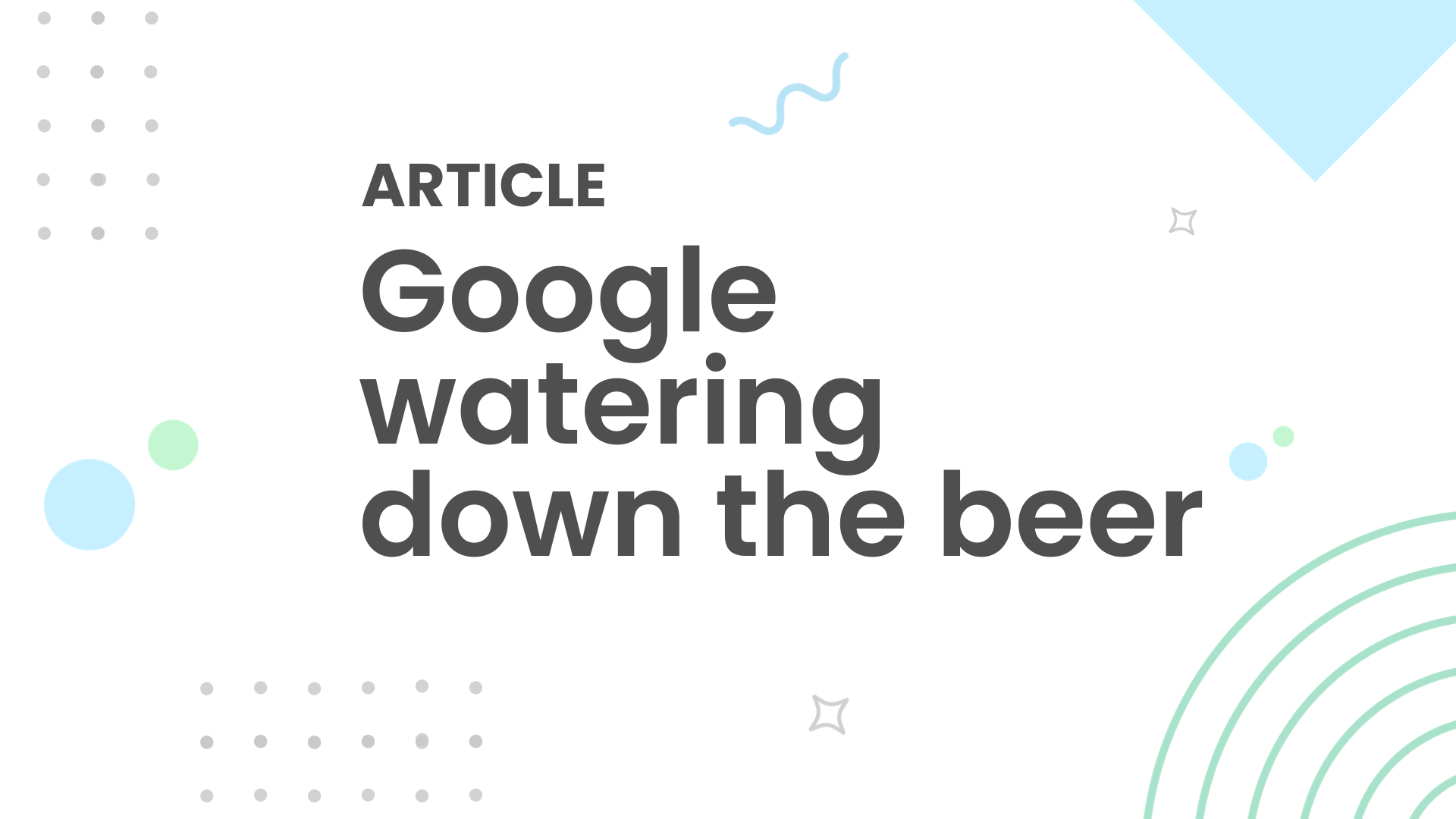
The Search for Value
More than any other time, we must share what is happening in Search Marketing in 2024. There has been a developing situation – speeding up – and we could do with everyone being on the same page. I would like to include our team, clients and partners in all that we are trying to do…

Simple Search Principles for 2024
Happy New Year. It’s a bit brighter outside. The economic shocks seem to have gone through; inflation is down in the States, and growth is returning. Let’s hope we can follow their lead in the UK. Our plan for the coming months More content is the moat to build and secure a competitive advantage, but…

Writing for the Website
Search is the original marketing automation created by writing things on your website. The right things bring you opportunities repeatedly. It’s a nicer way to generate new business. Write what things? Cut to the chase with website content: commercial website visits are for decision-making. People don’t have much time to browse; they search for answers….

How to Build A Website 2023
The better we understand our website visitors, the better we design our web communications. We finally made a framework for this, and I’m looking to use it on some willing test subjects (10-minute export). It’s how to use site data to plan content. We try to understand this visitor data better than anyone else. It’s…

Counter Google Shenanigans with Website Experience.
Google are in court this week. Big revenue target pressure has seen their ads team extracting more money from customers with less transparency than ever. They admit to fiddling with ad bids and auctions, adding 5 to 10% to minimum click costs. Click costs are the least big problem. Nothing much has been revealed in…




